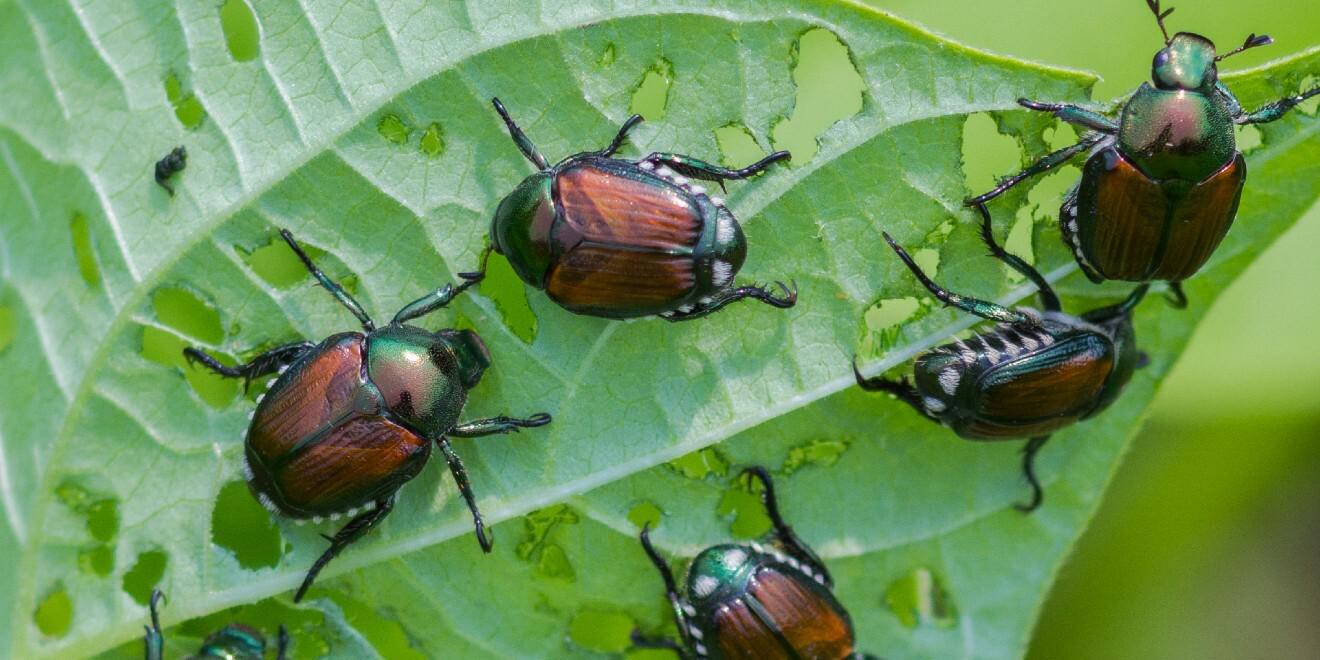Mosquito Bites Itch & Sting but Are They Deadly?
Posted by Mosquito Squad
August 28, 2014
Almost everyone experiences itching after a mosquito bite. The itch is a mild allergic reaction to the mosquito’s saliva causing our bodies to have a histamine response. It’s usually just irritating. Many homemade and over-the-counter medicines will reduce the itch and sting.
We are learning that for some, the mosquito’s bite can be life-threatening. For them, their body’s reaction is similar to when a bee bites us. There’s a name now for this immune response, Skeeter Syndrome. Skeeter Syndrome symptoms can include swelling, itching, blistering, fever and sometimes anaphylactic shock. Anaphylaxis can result in swallowing and breathing difficulties, abdominal pain, and diarrhea among other symptoms. It is a life-threatening emergency and can quickly lead to an increased heart rate, a drop in blood pressure, shock, unconsciousness, and death.
Skeeter Syndrome is unpredictable in individuals. This allergic reaction can occur with the bite of one mosquito and not the next one. The syndrome affects every age group but especially young children and seniors. With many mosquito and tick diseases, the differences in the body’s response to a bite or infection in these two age groups is often a result of deficiencies in the immune system.
It’s important to remember that Skeeter Syndrome is not a classified disease. Any medical syndrome is a collection of symptoms without a clear idea of how it develops. In this syndrome may be a combination of the individual’s genetics, immune system, and general health as well as differences in the mosquito’s bite. No studies have been conducted on the frequency of occurrences of the syndrome. Also, no one knows if it occurs more frequently with one mosquito such as the Asian Tiger or another kind. Asian Tiger mosquitoes are aggressive day-feeders. Whereas other mosquitoes, like the US house mosquito, Culex Pipiens, prefers to feed between the hours of dusk to dawn.
Since there is no current research on the syndrome, there’s no reason currently to think mosquitoes are becoming more dangerous. We all should be aware of the syndrome, and if one or more your mosquito bites develop into a large inflamed area around the bite, like the one in the Skeeter Syndrome link, you should consider contacting your doctor to discuss it.
As any health care professional will tell you, prevention is the best strategy in preventing mosquito and tick infections. Protecting the areas in which you spend the most time outdoors is important in the warm months of our MA summers. Mosquito Squad of Chelmsford & Cambridge provides a barrier treatment for your yard that will eliminate 85-90% of the mosquitoes and ticks in your yard. Reducing your exposure to these diseases is an important first step in protecting yourself, your family and your pets from Skeeter Syndrome and more serious mosquito infections like West Nile Virus and EEE.















